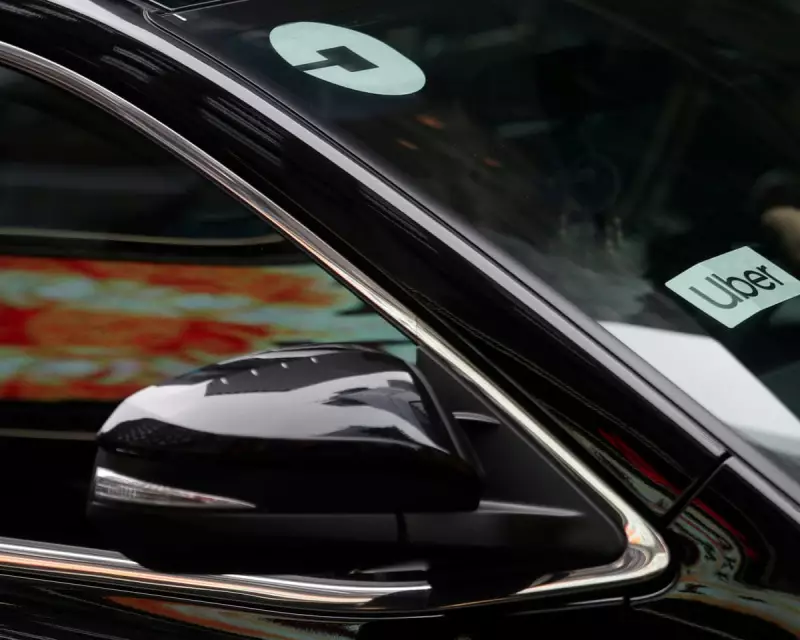
The United States Department of Justice (DOJ) has initiated a seismic legal confrontation with Uber Technologies Inc., filing a federal lawsuit that strikes at the very core of the ride-hailing behemoth's business model. The suit, lodged in a US district court, levels grave accusations that Uber has been operating an illegal service, prioritising profit over passenger safety for years.
At the Heart of the Allegations
The complaint meticulously outlines two primary areas of contention that have drawn the ire of federal prosecutors.
The Controversial 'Wait Time' Fee
Prosecutors have taken aim at a specific and widely criticised Uber policy: the fee charged to customers for making a driver wait more than two minutes. The DOJ asserts this practice is fundamentally deceptive. The lawsuit argues that by labelling this charge a 'fee', Uber misled consumers into believing the extra cost was a government-mandated or regulated charge, similar to a tax or toll, when in reality it was pure company profit.
Systemic Safety Failures
Perhaps the most damning allegations concern public safety. The lawsuit contends that Uber's marketing, which has long promised 'industry-leading background checks', is a sham. The DOJ claims the company's driver screening processes were knowingly inadequate, failing to properly utilise available technology to identify potentially dangerous drivers who had previously been banned from the platform or had serious criminal records. This, the government argues, created a 'significant public safety risk' for unsuspecting passengers.
A Pattern of 'Illegal' Conduct
The court documents paint a picture of a company aware of these critical flaws yet choosing to ignore them in pursuit of growth and market dominance. The DOJ accuses Uber of being fully conscious that its service did not meet the necessary legal and safety standards, effectively operating outside the law. This case represents one of the most significant governmental challenges to the gig economy model to date.
What Happens Next?
This landmark lawsuit could have profound implications not only for Uber but for the entire tech-driven service industry. The outcome may force a massive overhaul of how gig economy platforms vet contractors and communicate with consumers. It also sets a powerful precedent for increased federal oversight of a sector that has, until now, largely operated with minimal regulation. The case is set to be a defining legal battle of the digital age.





